Gifting is a universal gesture, appreciated and practiced globally. However, the way it's executed and the symbolism behind gifts can vary immensely across cultures. Journey with us as we explore some fascinating gift traditions from various corners of the world.

1. Japan – Omiyage and Temiyage
In Japan, if you go on a trip or visit a different region, it’s customary to bring back ‘omiyage’, which are souvenirs or regional specialties, for friends, family, and coworkers. This practice is deeply ingrained in Japanese culture and represents thoughtfulness and politeness.
‘Temiyage’ is another tradition where visitors bring a gift when visiting someone’s home as a gesture of appreciation.
2. Russia – Flowers in Odd Numbers
Offering flowers is a common gift gesture in Russia. However, there’s a specific tradition attached to it. Always gift flowers in odd numbers, as even numbers are reserved strictly for funerals.
Also, avoid gifting yellow flowers as they symbolize a breakup or deceit.
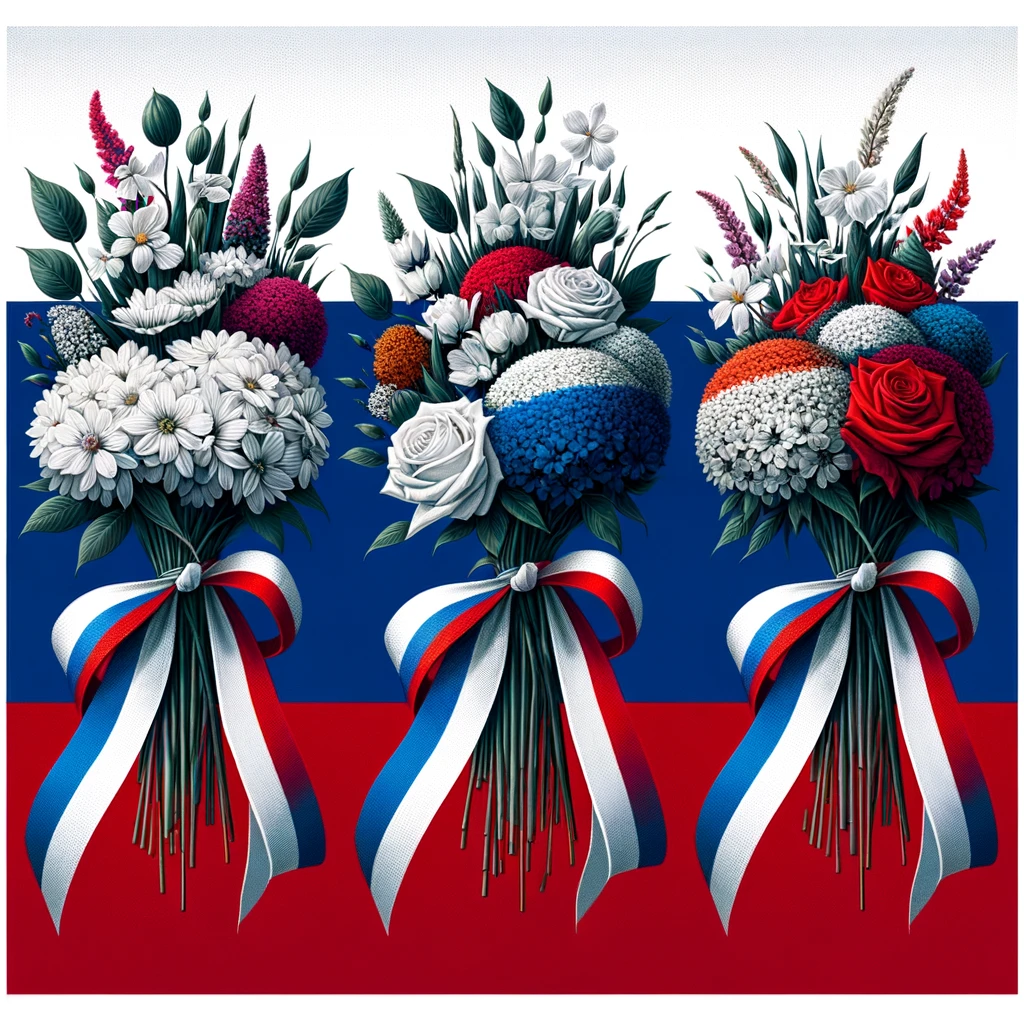

3. China – Red Envelopes (Hongbao)
During Chinese New Year and other special occasions, it’s traditional to give red envelopes, known as ‘hongbao’, filled with money. The red color symbolizes good luck and is believed to ward off evil spirits.
The amount of money should avoid the number four, which sounds like ‘death’ in Chinese.
4. Maasai Nation – Spitting on Gifts
Among the Maasai, a community in Kenya and Tanzania, it’s customary to spit on the hands before handing over a gift. While spitting generally has negative connotations in many cultures, among the Maasai, it’s a sign of blessing and good luck.
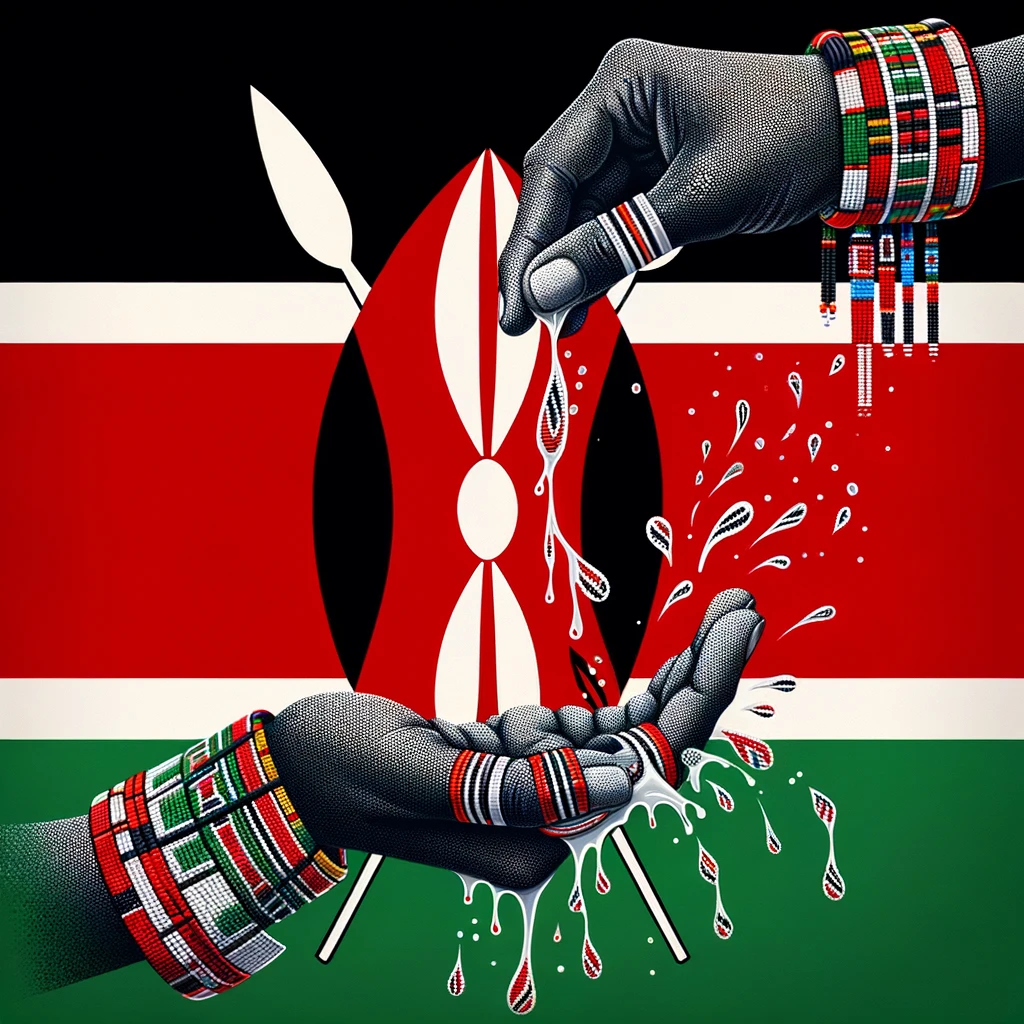
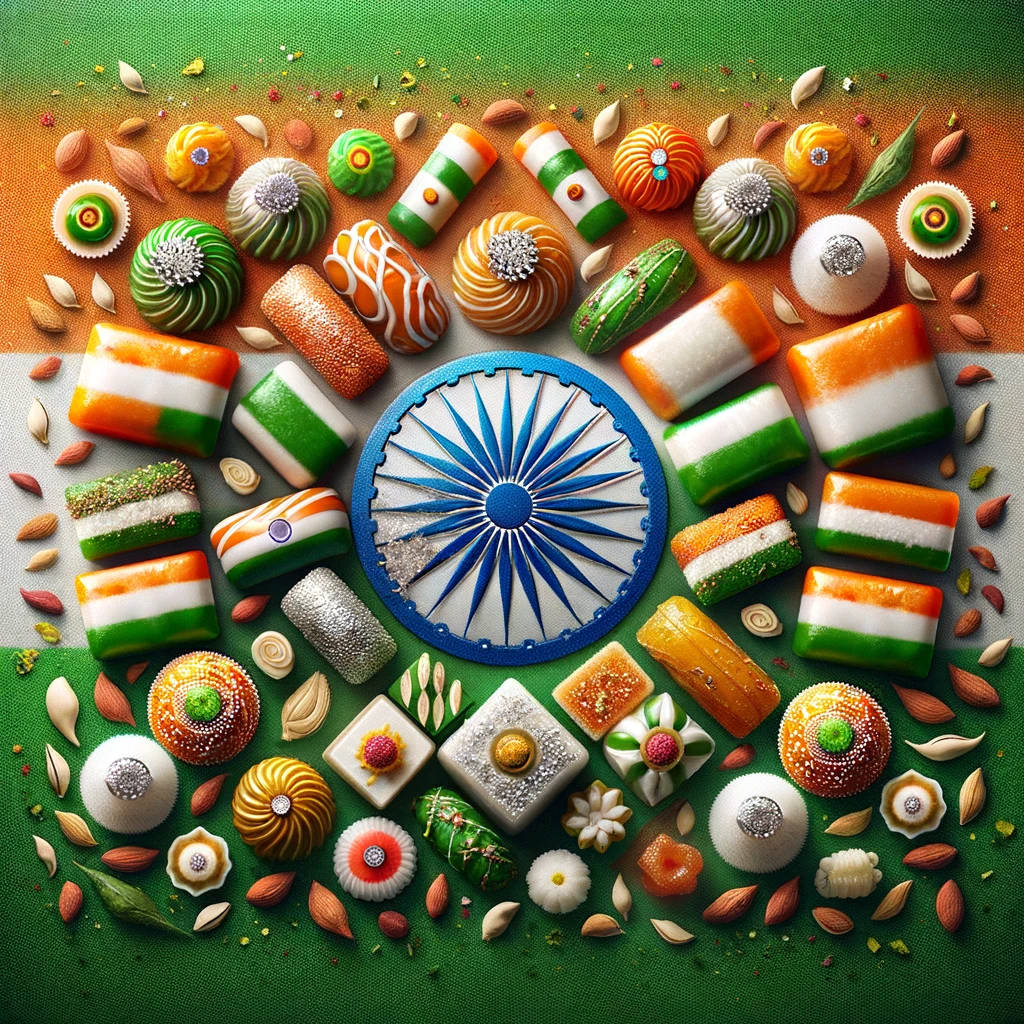
5. India – Sweet Delicacies
In India, sweets are often given as gifts during festivals and special occasions. It’s believed that sweet treats, called ‘mithai’, bring prosperity and happiness.
Another interesting tradition is gifting silverware or gold jewelry during weddings, symbolizing wishes for wealth and stability.
6. Brazil – Coffee
If you’re visiting a Brazilian’s home, it’s thoughtful to bring a bag of good-quality coffee as a gift. Brazil has a rich coffee culture, and this gesture is always appreciated.

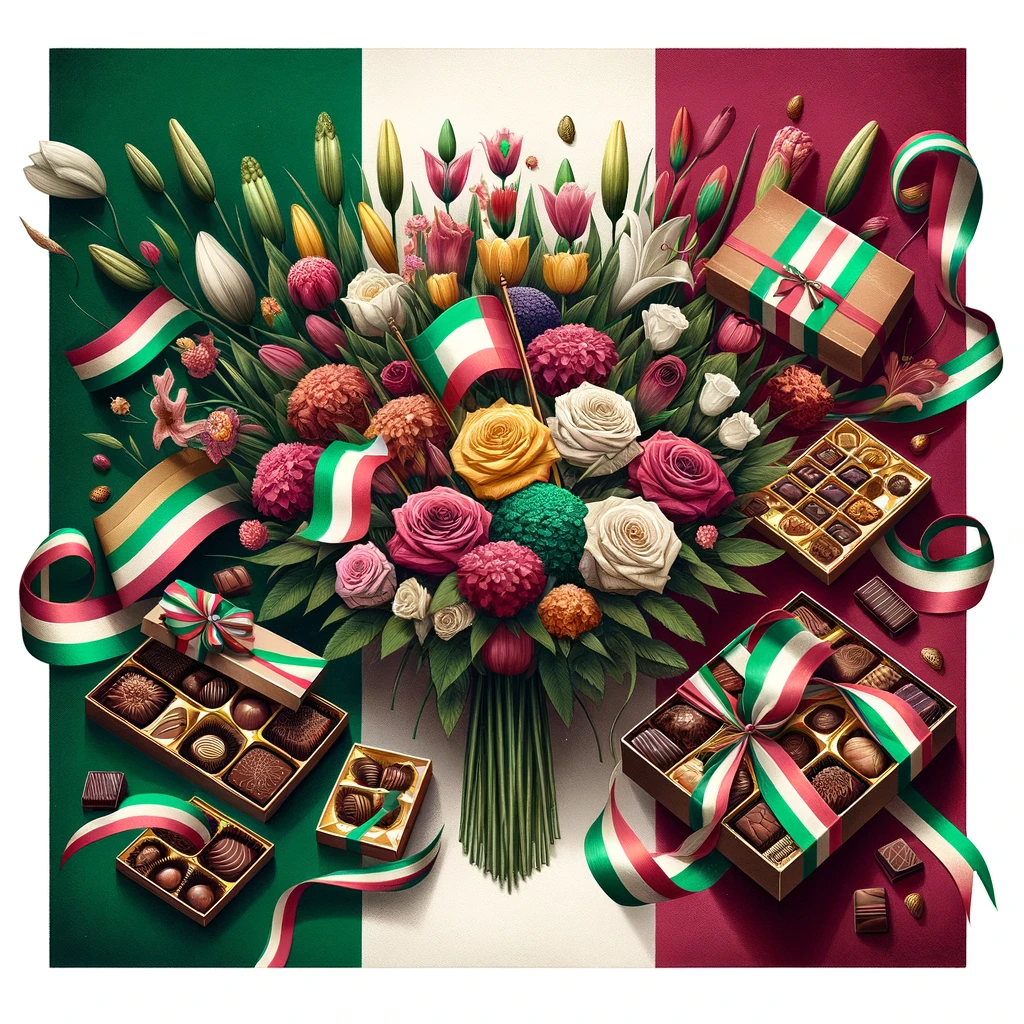
7. Italy – Chocolate and Flowers
In Italy, if you’re invited for dinner, chocolates for the children and flowers for the hostess are traditional gifts.
However, avoid chrysanthemums as they’re used for funerals, and refrain from giving brooches, handkerchiefs, or knives, as they’re considered to bring bad luck.
8. New Zealand – Maori Pounamu
The Maori, the indigenous Polynesian people of New Zealand, often gift ‘pounamu’, a greenstone or jade, which holds immense cultural value. These are carved into beautiful jewelry or art pieces, symbolizing strength, prosperity, and protection from harm.

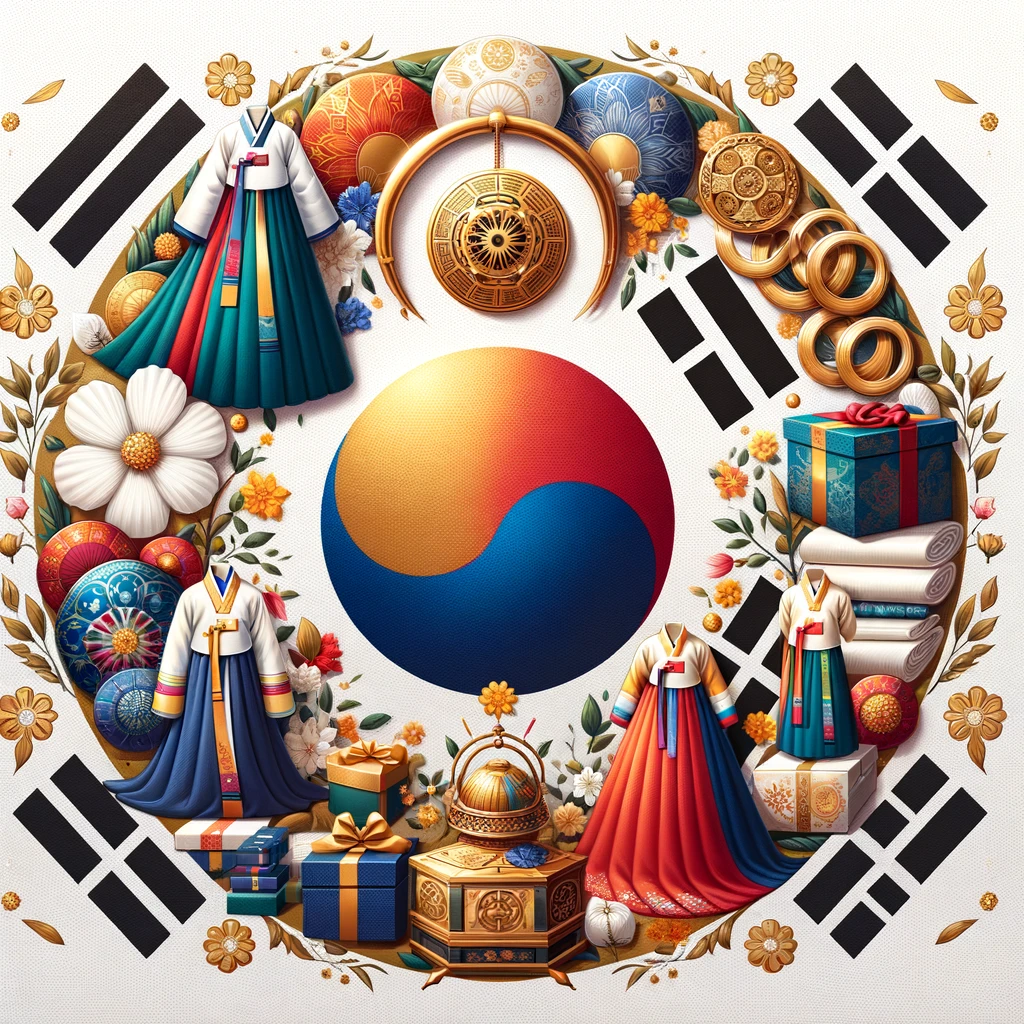
9. Korea – 60th Birthday Gifts
In Korea, the 60th birthday, known as ‘Hwan-gap’, is a significant milestone. It’s believed that completing the 60-year cycle signifies rebirth.
Family and friends gather for a feast and present practical gifts like clothes or gold rings.
10. Egypt – Bring Many Gifts
If you’re visiting an Egyptian home, it’s a good idea to bring numerous small gifts for the entire family rather than one large gift. It emphasizes the importance of family bonds and inclusivity.
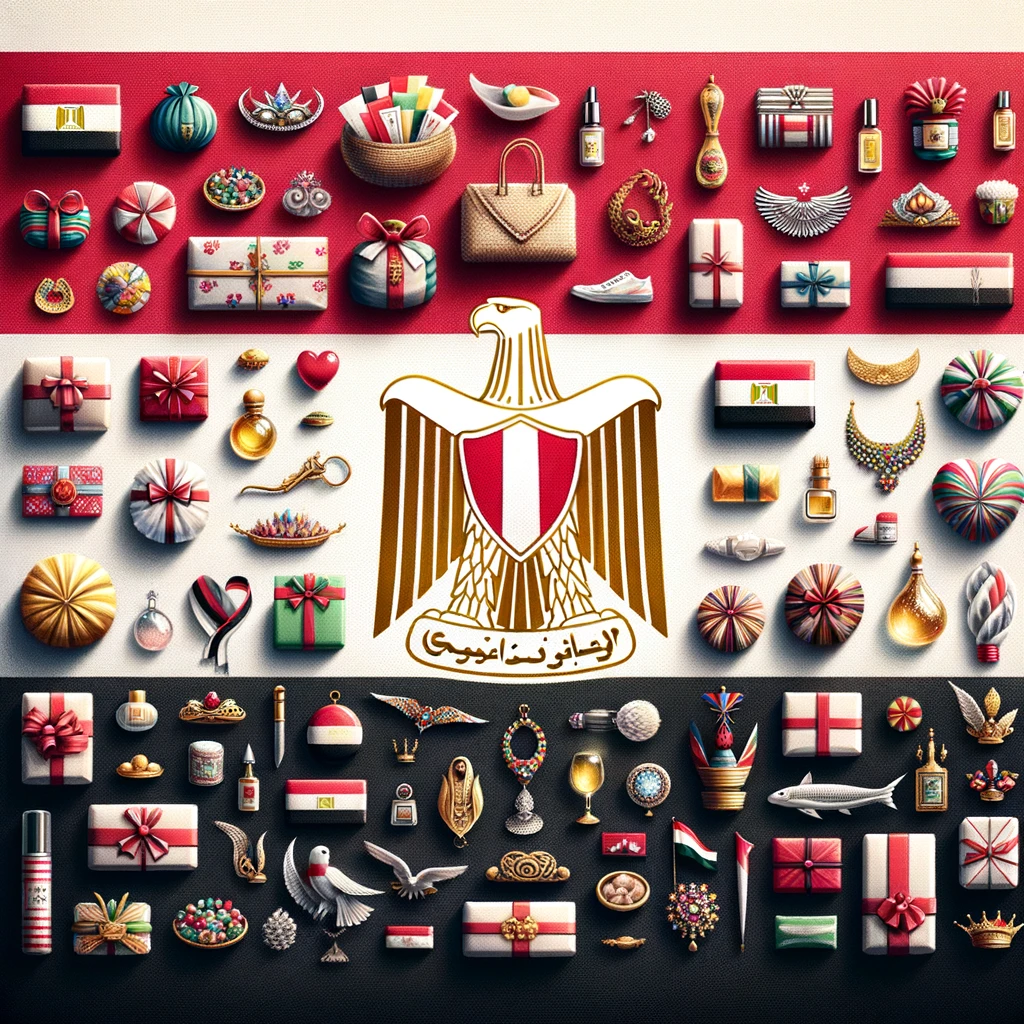
The world is a diverse tapestry of cultures, each with its unique traditions and customs. Gift-giving, a practice that transcends borders, offers a beautiful window into these cultures. As we explore these traditions, we are reminded that while the nature of gifts might vary, the underlying sentiment of love, respect, and appreciation is universal. So, the next time you find yourself in a different part of the world, embrace the local gift traditions and partake in the joy of global camaraderie.
